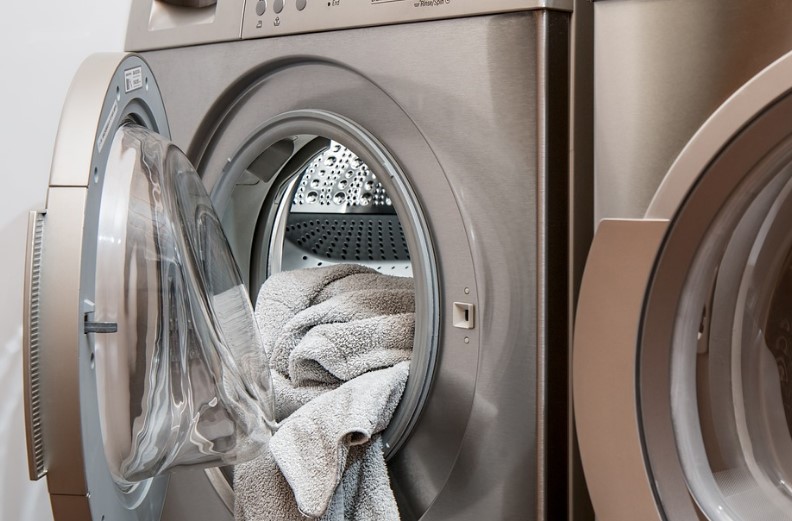Appliances can be a big investment, and if you don’t take care of them, they can easily break. In this blog post, we’re going to take a look at the six most common appliances that easily break. From dishwashers to washing machines to refrigerators, we’ll cover everything. By the end of this post, you’ll have a better understanding of how to take care of your appliances and keep them from breaking. So don’t wait, start taking care of your appliances today! Read also the whole story at gudstory.com.
1. Dishwashers
Dishwashers are one of the most common appliances in a household, and for good reason – they’re incredibly easy to use and clean. However, like all things, dishwashers have their own set of risks that can lead to them breaking down. The main reason for dishwasher breakage is because they have a lot of moving parts – particularly the spray arm and the drain screen.
These moving parts are often made of plastic, which can easily break. Additionally, dishwashers are used frequently, which can also lead to them breaking down. To avoid having your dishwasher break down, it’s important to keep it clean and lubricated. Additionally, you should avoid overloading it and making sure that all the moving parts are working properly. Finally, be sure to follow the manufacturer’s instructions when using your dishwasher – these guidelines will help ensure that your appliance lasts longer.
2. Washing Machines
Washing machines are one of the most commonly used appliances in a household. They are often put through a lot of wear and tear, which can lead to them breaking down. Every year, millions of washing machines are replaced due to issues like leaks, worn out hoses, and poor drainage. By regularly checking and cleaning your machine, you can avoid these problems and extend its lifespan. Here are four easy steps that you can take to keep your washing machine in good shape:
- Check for leaks – if there is water leaking from around the machine or from the hose connection, then it’s time for a replacement. Leaks can cause major damage over time and will eventually lead to your washing machine needing replacement.
- Check for worn out parts – all parts of your washing machine need to be replaced at some point in its lifespan. Worn out parts include bearings, gears, pulleys, and seals. If any of these parts are starting to show signs of wear (e.g., they make a lot of noise or the gear starts slipping), it’s time for a replacement
- Check for blockages – if your machine is not draining properly then water will build up inside it over time. This will eventually cause corrosion and damage to the internal components of the washing machine
- Clean regularly – keeping your washing machine clean will help to prevent corrosion and other problems associated with dirty machines.
3. Dryers
There are many different appliances in a home, and each one has its own special features and benefits. However, not all appliances are created equal – some are much easier to break than others. In this section, we will take a look at the five most common appliances that easily break.
Dryers are definitely one of the appliances that can be prone to breaking. They come in many different shapes and sizes, and they can be used to dry clothes, towels, and other items. Unfortunately, dryers can also be a great way to cause damage in your home. If you’re prone to having your dryer break down often, it might be best to choose an electric rather than gas model. Additionally, make sure to choose a dryer with energy-saving settings so you can save on your energy bills.
4. Microwaves
Microwaves are one of the most common appliances in homes across the world. They’re quick and easy to use, and they can be a lifesaver during busy times. However, like any appliance, microwaves can easily break. In fact, microwaves are one of the top three appliances that Americans tend to break.
Unfortunately, microwaves aren’t typically covered by warranty – so if your microwave breaks down after a year or less of use, you’ll have to replace it yourself. And even if your microwave does have a warranty, it may not cover damage caused by normal wear and tear or accidents. That means that you’ll likely have to pay for repairs yourself.
The average lifespan of a typical microwave is around eight years. However, this lifespan can vary depending on the model and how it’s used. Some people have had their microwaves for as long as 15 years without any problems at all. But like with all things in life – there’s no such thing as a perfect microwave! There are always going to be things that go wrong with them from time to time – especially if they’re used often and handled roughly. So make sure you know what the common problems are with microwaves before buying one, so that you can avoid them when they do happen!

